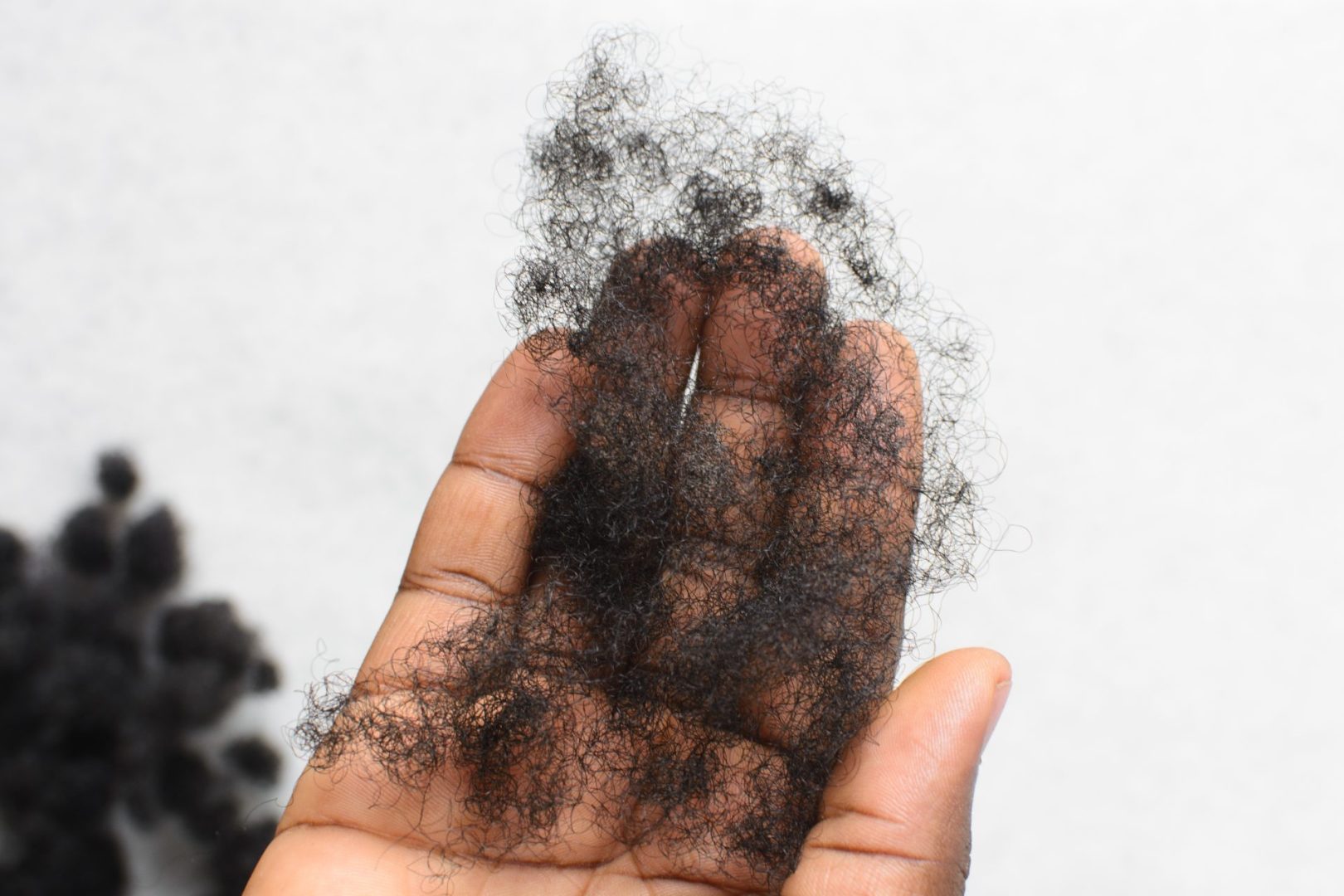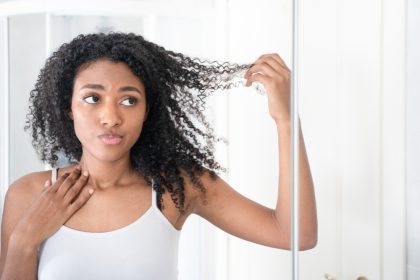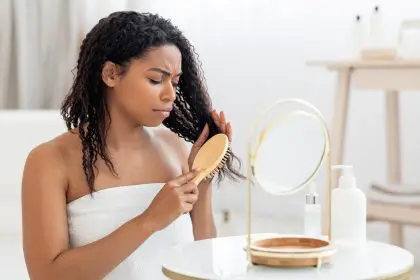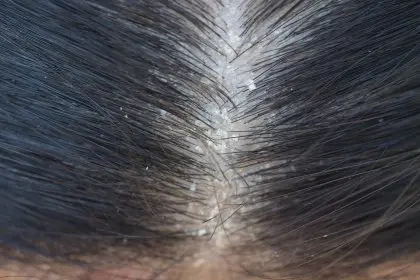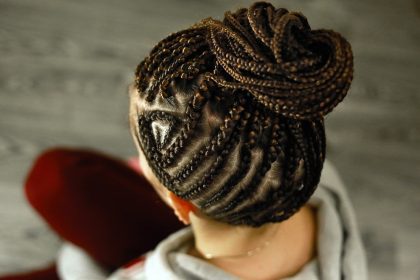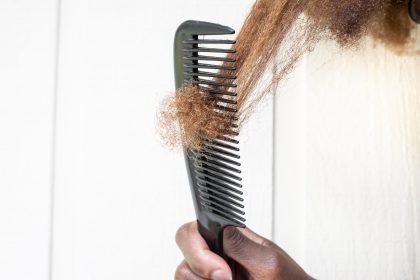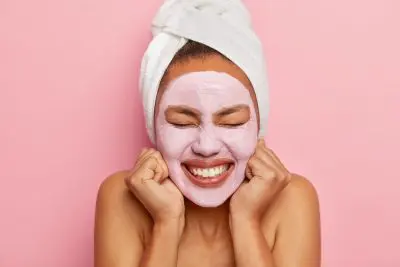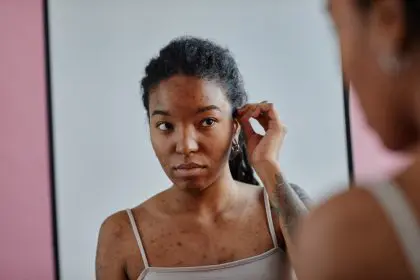Millions of fitness enthusiasts rely on creatine supplements to boost their workout performance and build muscle mass. However, concerns about potential hair loss have created anxiety among users who worry that their fitness gains might come at the cost of their hairline. Understanding the relationship between creatine and hair loss requires examining both the science and the reality behind these widespread concerns.
Creatine monohydrate stands as one of the most thoroughly tested and widely used supplements in the fitness industry. Athletes, bodybuilders, and casual gym-goers have turned to this natural compound for decades to enhance their training results and recovery times. Despite its proven benefits for muscle growth and athletic performance, questions about hair loss continue to circulate online and in fitness communities.
The concern stems from theories about how creatine might affect hormone levels in the body, particularly those related to male pattern baldness. These theories have gained traction despite limited direct evidence, creating confusion among supplement users who must weigh potential benefits against possible cosmetic consequences.
Understanding creatine’s role in the body
Creatine naturally occurs in muscle tissue and plays a crucial role in energy production during high-intensity exercise. The compound helps regenerate adenosine triphosphate, the primary energy currency of cells, allowing muscles to maintain power output during brief, intense activities like weightlifting or sprinting.
The body produces approximately half of its creatine needs internally, while the remainder comes from dietary sources, primarily meat and fish. Vegetarians and vegans typically have lower baseline creatine levels since plant foods contain minimal amounts of this compound.
Supplemental creatine increases muscle creatine stores by 10-40%, providing enhanced energy availability during workouts. This increased capacity translates to improved performance in activities requiring short bursts of maximum effort, making it particularly valuable for strength training and high-intensity interval workouts.
The hair loss connection theory
The concern about creatine and hair loss centers on its potential effects on dihydrotestosterone levels in the body. Dihydrotestosterone, commonly known as DHT, represents a potent form of testosterone that plays a significant role in male pattern baldness and hair thinning in genetically susceptible individuals.
DHT binds to hair follicles and gradually miniaturizes them over time, leading to progressively thinner and shorter hair strands until the follicles eventually stop producing visible hair altogether. This process affects individuals differently based on their genetic predisposition to androgenic alopecia.
The theory suggests that creatine supplementation might increase DHT levels, potentially accelerating hair loss in people already genetically prone to male pattern baldness. This connection has created concern among supplement users who worry about trading muscle gains for hair loss.
Examining the scientific evidence
The primary evidence cited for creatine’s potential hair loss effects comes from a single investigation involving college-aged rugby players. This three-week examination found that participants taking creatine supplements experienced increased DHT levels compared to those taking a placebo.
Specifically, DHT levels increased by approximately 56% after seven days of loading doses, then remained elevated by about 40% during the maintenance phase. These findings sparked widespread concern about creatine’s safety regarding hair loss, despite the limited scope and duration of the investigation.
However, several important limitations affect the interpretation of these results. The examination involved only 20 participants, all young male athletes, making it difficult to generalize findings to broader populations. Additionally, the three-week duration provides insufficient time to observe actual hair loss, which typically develops over months or years.
Critical analysis of the evidence
The connection between elevated DHT levels and immediate hair loss remains unclear. While DHT plays a role in androgenic alopecia, temporary increases in hormone levels don’t necessarily translate to visible hair changes, especially in individuals without genetic predisposition to balding.
Many factors influence DHT levels naturally, including exercise intensity, dietary choices, stress levels, and sleep quality. The normal fluctuations in hormone levels throughout the day and across different life circumstances often exceed the changes observed in the creatine examination.
Furthermore, the investigation didn’t measure actual hair loss or changes in hair density, thickness, or growth patterns. The focus remained solely on hormone level changes without examining their practical consequences for hair health.
Individual variation and genetic factors
Genetic predisposition plays the most significant role in determining whether someone will experience male pattern baldness. Individuals with family histories of early hair loss carry genetic variants that make their hair follicles more sensitive to DHT effects.
For people without genetic susceptibility to androgenic alopecia, temporary increases in DHT levels are unlikely to cause noticeable hair changes. Their hair follicles lack the sensitivity that would make them vulnerable to hormone-induced miniaturization.
Conversely, individuals already experiencing early signs of male pattern baldness might be more concerned about any factor that could potentially accelerate the process. However, the actual risk remains unclear given the limited evidence available.
Other factors affecting hair health
Numerous lifestyle and health factors influence hair growth and loss, often to a greater degree than supplement use. Understanding these factors helps put creatine concerns into proper perspective.
Nutritional deficiencies
Inadequate protein intake, iron deficiency, and insufficient B vitamins can all contribute to hair thinning and loss. Ironically, many people who use creatine supplements also maintain better overall nutrition, which typically supports rather than hinders hair health.
Stress and cortisol levels
Chronic stress elevates cortisol levels, which can disrupt hair growth cycles and contribute to diffuse hair thinning. High-stress lifestyles often have more impact on hair health than supplement choices.
Sleep quality
Poor sleep affects hormone production and recovery processes throughout the body, including those involved in hair growth. Inadequate rest can contribute to hair problems independent of supplement use.
Training intensity
Extreme training regimens can create physical stress that temporarily disrupts hair growth cycles. Some athletes experience temporary hair thinning during periods of intense training or competition preparation.
Benefits versus risks analysis
When evaluating creatine use, individuals must weigh the well-established benefits against the theoretical and poorly documented hair loss risks.
Proven benefits of creatine
Creatine supplementation consistently demonstrates improvements in strength, power output, muscle mass, and recovery between training sessions. These benefits have been documented across thousands of individuals in hundreds of investigations over several decades.
The supplement also shows promise for cognitive function, potentially improving memory and mental performance during demanding tasks. Some evidence suggests benefits for neurological conditions, though more investigation is needed in these areas.
Risk assessment
The hair loss risk appears minimal based on current evidence. Only one limited investigation has suggested a potential connection, and no direct evidence of actual hair loss from creatine use exists in scientific literature.
Millions of people have used creatine supplements for years without widespread reports of hair loss. If the connection were significant, clearer patterns would likely have emerged through user experiences and additional investigations.
Practical considerations for users
Individuals concerned about hair loss while using creatine can take several approaches to minimize potential risks while maintaining supplement benefits.
Monitoring approach
Users can begin creatine supplementation while carefully monitoring their hair health over time. Taking baseline photos and tracking any changes in hair density, thickness, or hairline position provides objective measures of hair health.
If noticeable changes occur, discontinuing the supplement allows users to determine whether creatine played a role. However, natural hair loss progression and other factors make this assessment challenging.
Alternative supplementation strategies
Some users choose lower maintenance doses rather than traditional loading protocols. Instead of taking 20 grams daily for the first week, they might start with 3-5 grams daily from the beginning, reaching saturation more slowly but potentially avoiding rapid hormone fluctuations.
Others cycle their creatine use, taking breaks between periods of supplementation to allow hormone levels to normalize. However, this approach reduces the consistency of performance benefits.
Hair loss prevention strategies
Regardless of creatine use, individuals concerned about hair loss can implement strategies to support overall hair health and minimize risk factors within their control.
Scalp care practices
Gentle scalp massage increases blood circulation to hair follicles, potentially supporting growth and health. Using mild, sulfate-free shampoos reduces chemical stress on hair and scalp.
Avoiding excessive heat styling, tight hairstyles, and harsh chemical treatments helps prevent mechanical damage that can worsen genetic hair loss patterns.
Nutritional support
Ensuring adequate protein intake provides the building blocks necessary for healthy hair growth. Hair consists primarily of protein, making sufficient dietary protein essential for optimal growth.
Key nutrients for hair health include iron, zinc, biotin, and vitamins A, C, and D. A balanced diet typically provides these nutrients, though individuals with restrictions or deficiencies might benefit from targeted supplementation.
Stress management
Implementing stress reduction techniques like meditation, regular exercise, and adequate sleep supports overall health and may help minimize stress-related hair loss.
Managing work-life balance and addressing sources of chronic stress benefits both general wellbeing and hair health.
Making informed decisions
The decision to use creatine should be based on individual goals, risk tolerance, and personal circumstances rather than fear of poorly documented side effects.
Risk tolerance assessment
Individuals with strong family histories of early hair loss might choose to avoid creatine out of abundance of caution, even though the actual risk remains unclear. This conservative approach prioritizes peace of mind over potential performance benefits.
Others might decide that the proven benefits outweigh the theoretical risks, especially if they have no genetic predisposition to baldness or are already experiencing age-appropriate hair changes.
Professional consultation
Discussing supplement use with healthcare providers helps individuals make informed decisions based on their complete health picture. Providers can assess individual risk factors and help weigh benefits against potential concerns.
For those already experiencing hair loss, dermatologists specializing in hair health can provide guidance on managing existing conditions while making supplement decisions.
Alternative performance supplements
Individuals who decide to avoid creatine due to hair loss concerns have other options for supporting their fitness goals.
Beta-alanine
This amino acid helps buffer muscle acidity during high-intensity exercise, potentially improving endurance and reducing fatigue. Beta-alanine doesn’t affect hormone levels and has no known connection to hair loss.
Citrulline malate
This compound supports nitric oxide production, potentially improving blood flow and reducing muscle soreness. It offers performance benefits through different mechanisms than creatine.
Protein supplements
Whey, casein, or plant-based protein powders support muscle growth and recovery without affecting hormone levels that might influence hair health.
Long-term perspective
The creatine and hair loss debate highlights the importance of evaluating supplement decisions based on quality evidence rather than isolated findings or theoretical concerns.
As more people use creatine over longer periods, clearer patterns regarding any actual hair loss effects should emerge. The current lack of widespread hair loss reports among long-term users suggests that any risk is likely minimal.
Future investigations may provide more definitive answers about creatine’s effects on hormone levels and hair health. Until then, users must make individual decisions based on incomplete information and personal risk tolerance.
The fitness supplement industry continues to evolve, with new products and formulations regularly entering the market. Staying informed about emerging evidence helps consumers make better decisions about their supplement regimens.
Current evidence suggests that creatine’s hair loss risk is largely theoretical, based on limited hormone level changes rather than documented hair loss. The supplement’s proven benefits for athletic performance and muscle growth remain well-established, making it a valuable tool for many fitness enthusiasts.
Individuals concerned about hair loss should focus on known risk factors and proven prevention strategies while making supplement decisions based on their personal circumstances and goals rather than fear of poorly documented side effects.

